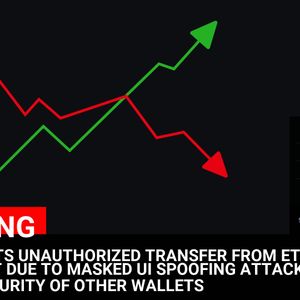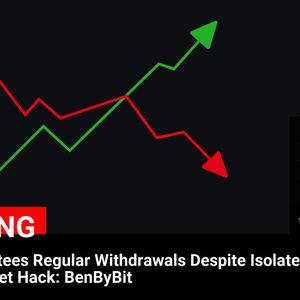Tether CEO Paolo Ardoino has suggested that advancements in quantum computing could make it possible to hack and retrieve lost Bitcoin, including the nearly 1 million BTC supposedly held by Bitcoin’s pseudonymous creator, Satoshi Nakamoto. In a Saturday tweet , Ardoino speculated that quantum computers may one day be able to break cryptographic protections and access lost wallets. However, he emphasized that by the time such technology becomes viable, most Bitcoin holders will have already migrated their assets to quantum-resistant addresses. “In any case, only 21 million BTC. Nothing can change that. Not even quantum computing. This is the really key and important message. Bitcoin is the best asset in the world,” he stated. Notably, Ardoino clarified that quantum computing would primarily impact wallets whose owners have lost access, whether due to forgotten keys, lost backups, or even death. These wallets, unlike actively managed ones, could be compromised once quantum technology reaches a sufficient level. “Quantum-resistant addresses will eventually be added to Bitcoin before there is any serious threat. All people alive (and that have access to their wallets) will move Bitcoin into new quantum-resistant addresses. Any Bitcoin in lost wallets, including Satoshi’s (if not alive), will be hacked and put back in circulation,” he added. That said, the debate over the quantum threat to Bitcoin is not new with Experts discussing the implications of quantum advancements for years. In December, Pierre-Luc, CEO of blockchain security company Pauli Group, estimated that commercial quantum computers capable of breaking Bitcoin’s elliptic curve cryptography (ECDSA-256) may emerge within five years. ECDSA-256 secures Bitcoin wallets by generating public and private key pairs, but it is known to be vulnerable to Shor’s algorithm. This quantum method can efficiently factor large numbers and potentially compromise private keys. According to expert, some early Bitcoin wallets, are at greater risk because they expose public keys directly. At the time, the pundit advised early adopters to move their funds to modern wallets which add a layer of security as a precaution. Despite concerns, many in the crypto community remain skeptical about the imminent threat of quantum computing. Billionaire investor Chamath Palihapitiya has previously echoed Ardoino’s views, stating that practical quantum computing is not on the immediate horizon, without ruling out such a threat could happen. “ Quantum Computing will be a risk to v1 cryptographic approaches. The time frame is very much not clear and it’s not in the immediate time horizon. But if I owned a lot of BTC, my risk posture would be to assume it could happen and plan accordingly.” He tweeted . Meanwhile, Adam Back, a renowned cryptographer, believes that advances in quantum computing will ultimately strengthen Bitcoin rather than destroy it. Recently, the Bitcoin O.G. argued that Bitcoin’s security protocols will evolve over time, incorporating post-quantum cryptographic measures when necessary.




















